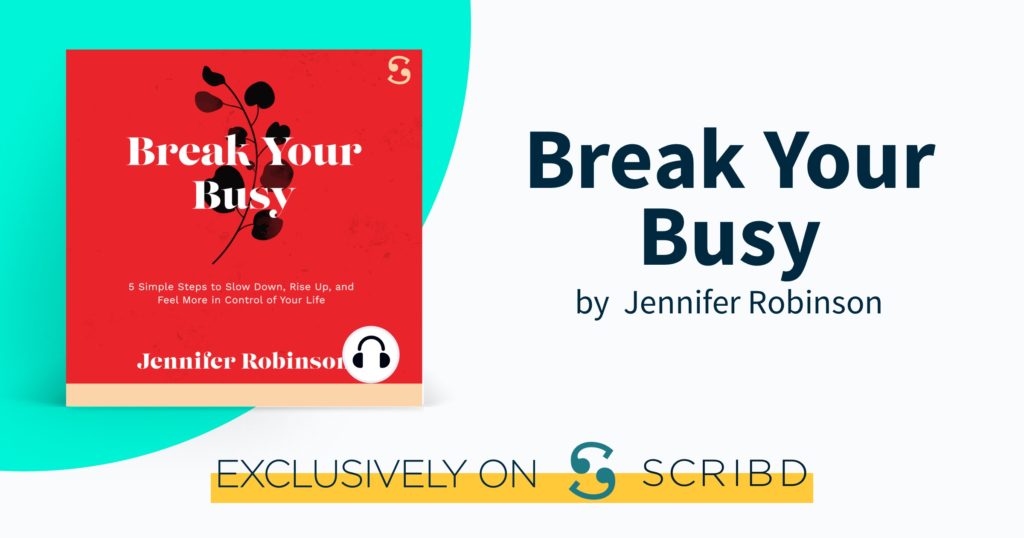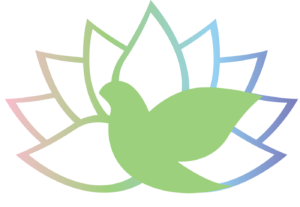It can be hard for women (especially moms) to remember to have self-empathy. But let’s talk about why it’s so important!
“You betta check yo’self before you wreck yo’self.”
Ice Cube
For those of us who grew up in the 1990’s, we are well-acquainted with the heyday of hip-hop and rap and the philosophy espoused by some of these ‘practitioners of rhyme’. While Ice Cube may have had somewhat different things in mind when he was spouting these lyrics, they are a perfect mantra for the importance of self-empathy and knowing where we stand before we extend a helping hand to those around us.
What “Empathy” Is (and is not)
In order to define “self-empathy,” let us first understand what “empathy” is. Empathy is the ability to understand what another is feeling/thinking from the other’s perspective. It requires the listener to suspend judgment and any agenda with which the listener may have entered the conversation. It is being wholly with the other person in whatever they may be feeling and doing so with openness with compassion. At its heart, empathy is about connection.
Empathy vs. Sympathy
It is important to note here, there is a difference between empathy and sympathy. Sympathy is often invoked with a feeling of pity for the other person. This is not the case with empathy. Brene Brown puts it well when she states, “Empathy fuels connection. Sympathy drives disconnection.” With sympathy there is an inherent power differential and an us/them dichotomy. Empathy removes this barrier so that a meaningful connection can be made.
Empathy is not about agreement, whether conscious or unconscious. It is possible for you to fully understand a person’s feelings and needs without making them your own. We have heard the saying of “walking a mile in someone’s shoes.” But, Brene Brown states this imagining still means walking there with your own judgments and pre-dispositions. It is the need to fully embrace their perspectives even if (esp. if, at times) they differ from your own.

Transformative COURSES & WORKSHOPS that make integrating peaceful living, health and wellness easy, fun and affordable.
What “Self-Empathy” Is (and is not)
Self-empathy is the ability to establish this connection with our inner self, knowing what is actually happening and being able to hold that space without judgment. It may entail knowing what your feelings and needs are at a particular moment (per Marshall Rosenberg, NVC Founder). It is only when we know from where we are starting that we can determine if we can extend this empathy unto another. As my Life Coach loves to remind me, “You cannot pour from an empty cup.”
But we try, don’t we? As a parent and as a Mom, every person’s problem in the household is MY problem. One of our daughters needs new shoes for school? I have to find the time to take her shopping. The dog needs to go to the vet? Again, I reorder my schedule to take her to be seen. Hubby is working late again? OK, let’s figure out how to get the girls to their after school activities without his help. Shoes, the vet, juggling after school appointments are all in addition to the problems I may already have. But what usually happens is my problems get pushed to the bottom of the list and everyone else’s takes precedence. Is it any wonder we end our days feeling depleted?
How To Practice Self-Empathy
Where are you now? And no, I don’t mean physical location – I mean emotional location. What is going on with your body? What are you feeling? Where is it manifesting? And most importantly, what do you need? When was the last time you asked yourself that? This is the awareness with which self-empathy begins.
The second part of the process is knowing where you want to be. Perhaps something has triggered you and you want the accompanying discomfort to leave. I urge you at that moment to sit with it. All too often we strive to avoid what we deem the “ugly feelings” because they don’t make us feel good and light and happy. We need to sit with despair as much as we sit with joy. There is something within you that needs to be heard. Self-empathy opens us up to that which needs our attention.
As we delve into the triggered emotions, we do so without judgment, without agenda, and with curiosity. It is the difference of “Oh great, here we go again. This is going to suck.” vs. “Oh, I remember this. I wonder what has come up for me. I need to explore.” It is a difference in mindset and attitude. The latter is welcoming, open to whatever comes forward. It is creating a safe space for your feelings and needs to be heard and voiced.
Boundaries
Boundaries are integral to our self-empathy. Established to protect ourselves, boundaries make it possible for us to know what we are willing to give to others. “Boundaries are how we establish our personal needs and communicate them clearly. They establish the behavior we are willing to accept from other people, and what they can expect from us.”
Our boundaries set our foundation for the expression of our needs and how we are un/able to meet others’ needs. Determining how we can(not) meet someone else’s needs is where self-empathy comes into play. Our check-in complete, what is left for others? There will be times when we have the emotional space to meet others where they are. But, just as likely, there will be times when we are simply unable to do so.
Putting Yourself First
Our needs have to come first. (Yes, you read that correctly). We cannot give what we do not have. Are we going to try? Goodness, yes, but this will come at a cost. The math puts us in the negative. Emotionally, this leaves us lacking. Continuing on this path will serve no one, especially those we care about the most.
Being unable to meet the needs of others may come with feelings of being “not good enough” or feeling like you “should” be able to do so. So, while you are contending with your own unmet needs, you have now added self-chastisement to the equation. Your emotional holes just got a whole lot deeper.
#RealLife
Picture it.
You come home from work and are rushing around to make dinner. It was a rough day and you are emotionally exhausted. At that moment, you are feeling tired, worn, and depleted. You need time, space, and ease. Enter your tween who is having a friendship crisis. Without even considering your feelings, they start in on what is happening in their world. You know you cannot do this. You cannot hold space for them now regardless of what they need from you. But you also know how terrible you will feel if you do not respond mindfully. What do you do?
Ask for what you want. Perhaps something like, “It sounds like you are having a rough time right now. I want to be there for you and listen to what you have to say, but I am feeling worn out and a little ragged. I need some time and space. Would it be possible for you to give me a few minutes and then we can talk?” This is not a “no,” just a “not yet.”
If the situation allows for it, use this as a moment for connection. How so? Work together on some of the dinner chores – gives you a little help and may help them to get their mind off of their upset. And then you are both in a better place to meet each other’s needs.
Conclusion
We won’t always be able to be there for others, but there are valuable lessons to be gleaned in those instances for both parties. For them, it may be their time to learn to meet their own needs. Giving them this opportunity is an education that will serve them well. For us, our self-empathy and checking in with ourselves is about clarity as much as it is about connection. Clarity to know what we feel, need, and want and then connection to bring those things to fruition to nourish ourselves. It is about putting ourselves first, unapologetically so and with great love and compassion.

NEELMA PYFROM
Hi! I’m Neelma, a Certified Life Coach/Life Strategist specializing in helping teens and young adults (and the families who love them) deal with anxiety, depression, confidence, and motivation. Together, we negotiate the hardships of the adolescent years -learning the skills needed in order to help them become successful adults who have found their peace, purpose, and authenticity. I have a passion for time management and positive habit formation and love sharing everything I learn (forever student) with the folks I coach.
In my spare time, I enjoy running, meditating, reading, crossword puzzle-ing, and boating with my husband and our two girls and our furbaby.




